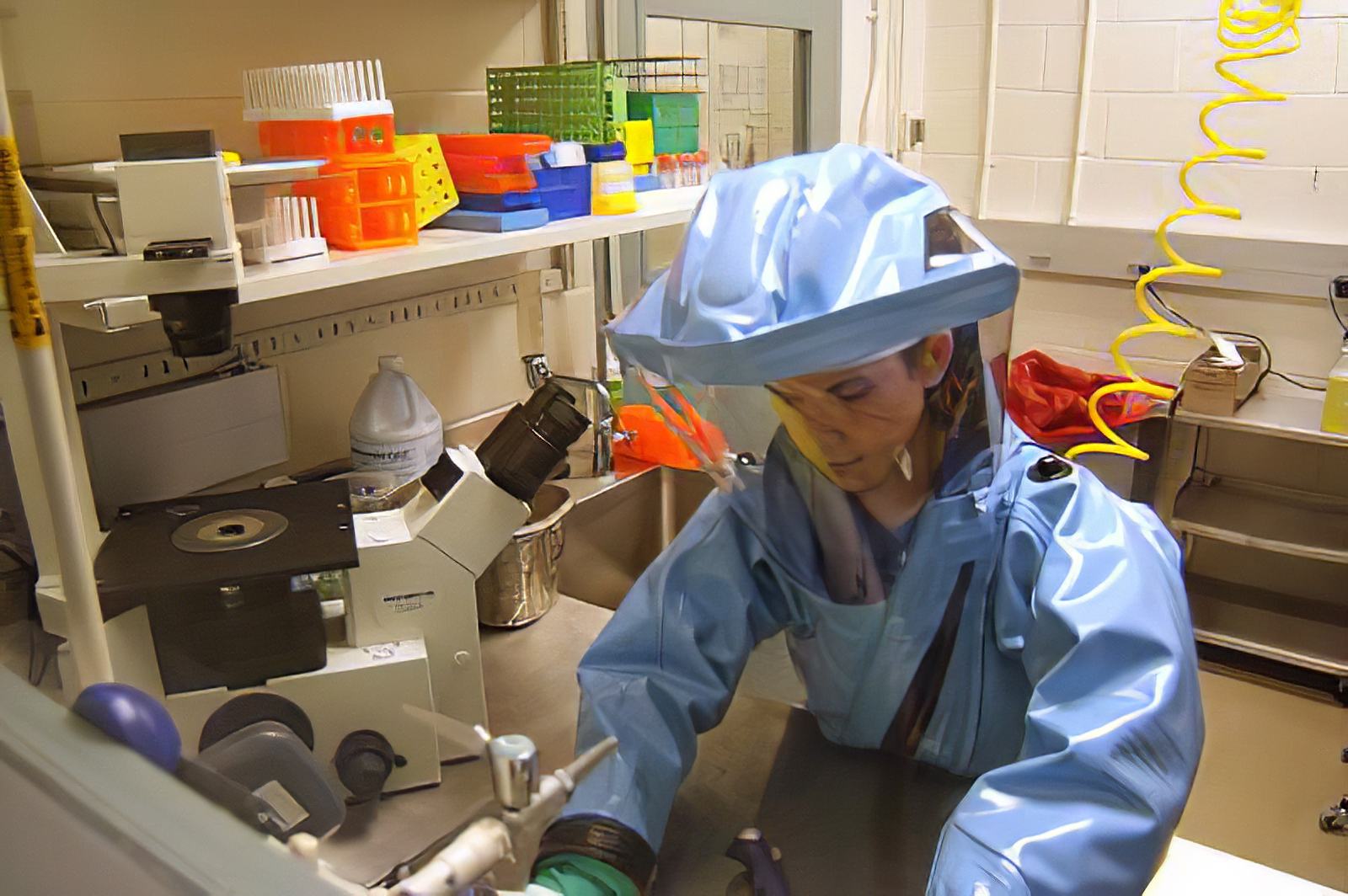As the death toll from Ebola nears 900 in West Africa, medical ethicists warn that US medical facilities and states have few plans in place to allocate limited supplies of life-saving medications and equipment such as ventilators if such a deadly outbreak were to occur here.
Public health officials say it is unlikely the disease would spread widely in the United States because infection control procedures and protective gear are more advanced than in Africa. But the unprecedented number of cases in Africa and the ease of travel have ethicists and emergency preparedness experts pondering what-if scenarios.
With no vaccine or drugs to fend off Ebola, they say, an outbreak could overwhelm hospitals as patients compete for supplies of ventilators to help them breathe or beds in intensive care units. If an experimental vaccine becomes available, its supply would be limited at first — as were supplies of vaccine during the outbreak of the H1N1 “swine” flu in 2009 — and determining who would be the first to get it in a national epidemic could cause widespread panic.
Only a few state health departments have established ethical guidelines for rationing medical care in certain situations. Massachusetts is not one of them, offering no guidance for how hospitals should distribute immunizations or treatments in short supply, according to the Department of Public Health.
“Imagine we have a pandemic in Boston with proven treatments that are in limited supply,” said Dr. Robert Truog, director of Harvard Medical School’s Center for Bioethics. “We have not adequately thought through how to make the allocation decision of who will get it and who will not.”
The Centers for Disease Control and Prevention has issued a warning for Americans to avoid nonessential travel to Guinea, Liberia, and Sierra Leone, which have Ebola cases.
CDC director Dr. Tom Frieden said on the CBS Sunday talk show “Face the Nation” that it’s possible someone could travel to the United States with Ebola and spread the virus to family members through personal contact, but he doesn’t think “it’s in the cards that we would have widespread Ebola in this country.”
Officials said Monday an ailing man, who had recently traveled to West Africa, was being treated at Mount Sinai Hospital in Manhattan and kept in isolation while tests for Ebola and other illnesses were performed. New York City’s Health Department, however, issued a statement saying that after consulting with Mount Sinai and the Centers for Disease Control and Prevention, it concluded the patient is unlikely to have Ebola.Read the rest of the story HERE.
If you like what you see, please "Like" us on Facebook either here or here. Please follow us on Twitter here.







No comments:
Post a Comment